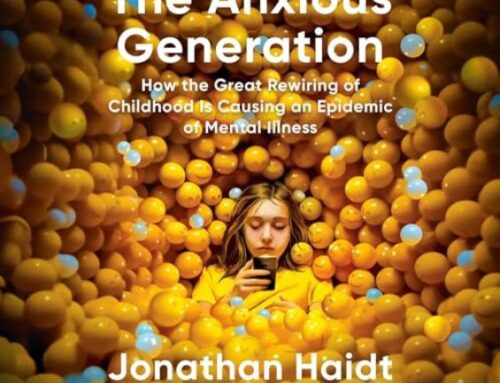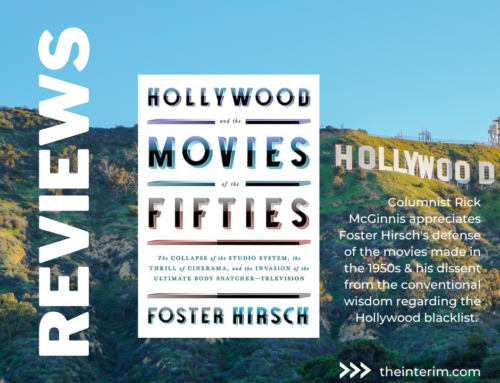 As a purely anecdotal aside, I’d like to mention that few of the people I know who’ve walked the Camino de Santiago, the ancient pilgrim trail that provides the setting for Emilio Estevez’ film The Way, were actually Catholic, or even appreciably Christian. The Camino has become, in an age of widened horizons but jaded palettes, a kind of extreme tourism destination, much like Peru’s Inca Trail or the Kanchenjunga Trek through the Himalayas.
As a purely anecdotal aside, I’d like to mention that few of the people I know who’ve walked the Camino de Santiago, the ancient pilgrim trail that provides the setting for Emilio Estevez’ film The Way, were actually Catholic, or even appreciably Christian. The Camino has become, in an age of widened horizons but jaded palettes, a kind of extreme tourism destination, much like Peru’s Inca Trail or the Kanchenjunga Trek through the Himalayas.
For many of these trekkers, I suspect that the danger they fear most on the Camino isn’t rock falls or hypothermia as much as spiritual revelation and religious conversion.
The Way stars Estevez’ father, Martin Sheen, as Thomas, a businessman and lapsed Catholic who decides to walk the Camino after his son (played by Estevez) dies unexpectedly on his first night on the pilgrim trail. Sheen – a devout liberal Catholic in real life, inspired by Dorothy Day – plays the man as complacent but bitter, a caricature of a conservative, in need of something to shake up his life.
Making his way across the Pyrenees and into Spain, Sheen is joined first by Joost, an overweight Dutchman who tells him he’s walking the Camino so he can fit into his old suit in time for his brother’s wedding, a goal that recedes as the lure of Spanish food overcomes Joost’s meagre control over his appetites. (I’ve traveled through this part of Spain and, to be frank, it’s hard not to sympathize with poor Joost.)
They’re joined by Sarah, a Canadian who swears that she’ll smoke her last cigarette when they reach the end of the trail, and Jack, an Irishman suffering from writer’s block who laments that he never became the next Yeats or Joyce. (The Irish writer cowering in the shadow of his country’s literary giants has become a bit of a cliché; you wonder whether Ireland would have a livelier publishing scene if they’d produced just a few decent crime writers.)
They are not a happy gang of wanderers; Joost overshares relentlessly, Sarah is prickly and sarcastic, and Jack’s logorrhea would be tolerable if he had a few original insights to share. Thomas, curt and emotionally hostile, is a uniquely unsympathetic protagonist, but when a few glasses of wine loosen up his tongue and produce a torrent of withering judgment against his companions, you’ll probably find yourself wavering between embarrassment and agreement.
Sarah, played by Canadian Deborah Kara Unger, allows us to see past her angry front when, in one of those revelations that road weariness often brings out in strangers, she tells Thomas that she aborted her daughter because she was afraid to bring her into the abusive relationship she shared with her ex-husband. It’s obvious in that moment that nicotine addiction is the least of Sarah’s problems, but Estevez lets the resonance of this pitiable confession ebb away too quickly.
Estevez has called his film “pro-life, pro-people, not anti-anything,” which is probably why it’s ultimately so nonjudgmental about the motley crew of pilgrims that coalesce around Thomas as he carries his son’s ashes from the French border to Santiago de Compostela and beyond to the sea. It is, in its own humble way, closer to Chaucer’s famous pilgrim story than anything I’ve seen in decades, especially when you consider that Chaucer’s travelers were an embodied collection of human failings and vices, set in unsteady motion toward an unknowable future.
Some viewers might find its grudging, hard-fought amiability a bit wet for their tastes, but it does make room for both poles of the experience of forced companionship in trying circumstances. One, as expressed by the British pop band Depeche Mode a generation ago, wonders that, if people are people, why should it be that we should get along so awfully. Perhaps it’s only the creaking rhyme that makes this sentiment seem trite but it has the virtue of being true, up to 50 per cent of the time.
The other, of course, was expressed by the altogether less agreeable French philosopher and playwright Jean-Paul Sartre, the majority of whose musings have proved to be as joyless as they are hopeless. A broken clock, like most philosophers, he was at least afforded the priceless insight that, in this life at least, hell is other people. In our worst moments it’s hard not to agree, at least silently and to ourselves, but as The Way reminds us, if we persevere beyond our worst instincts, the opposite might prove to be true.




